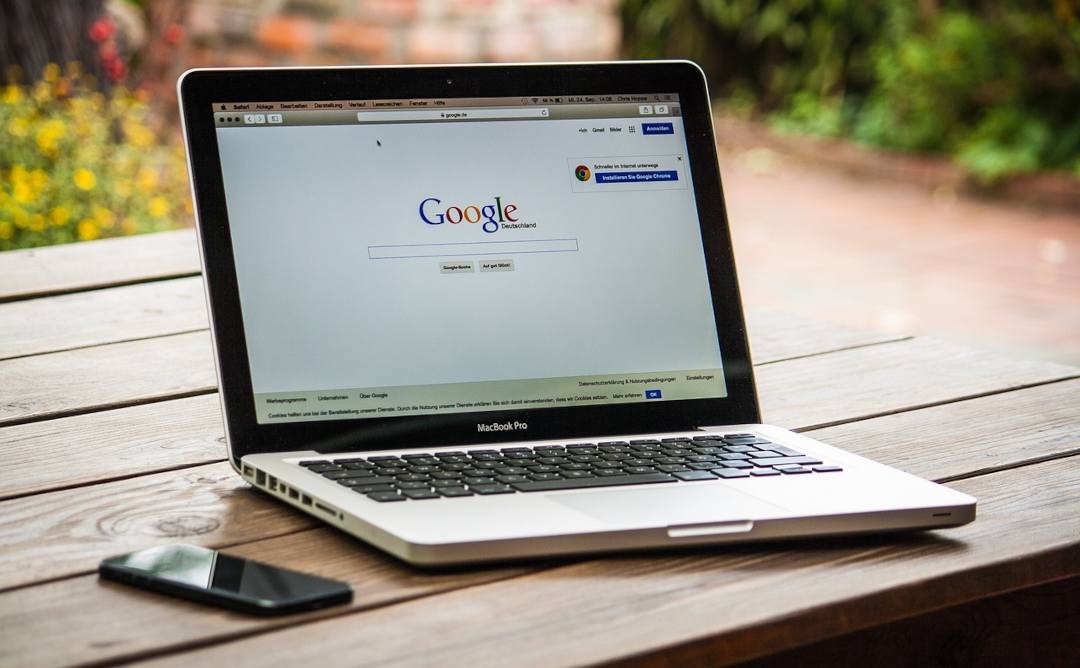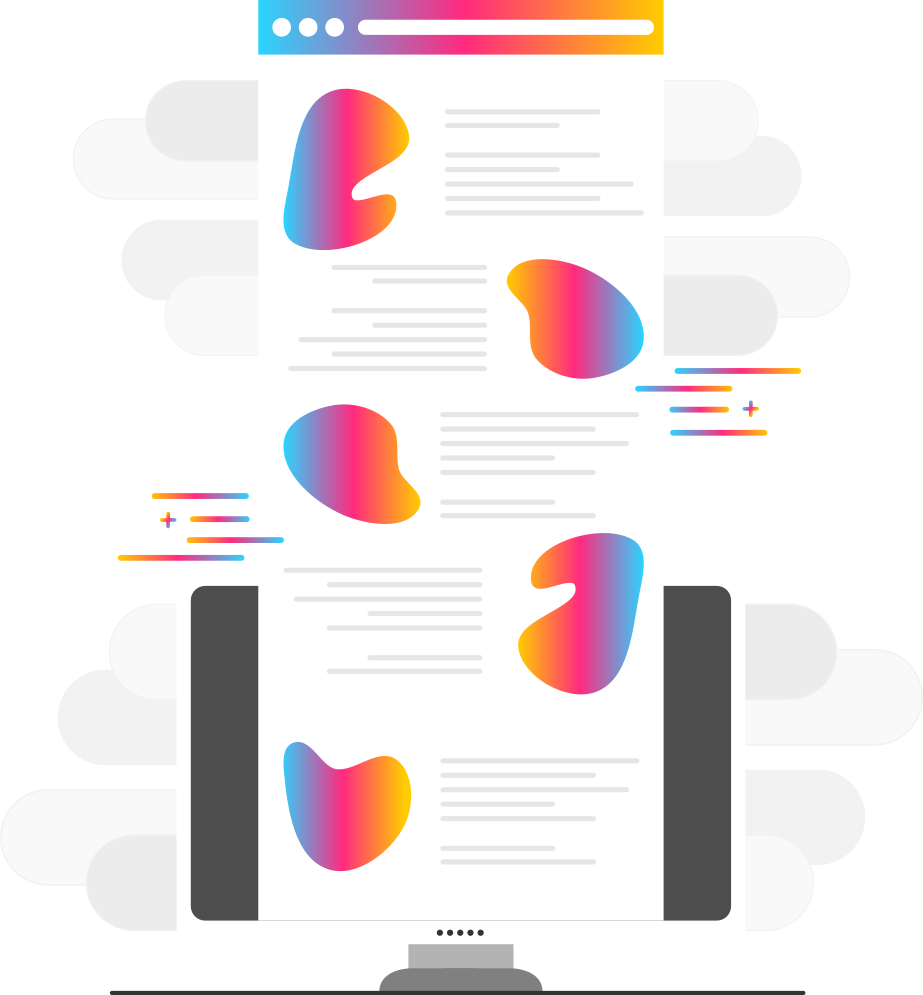How to improve a web page's SEO?
SEO (Search Engine Optimization) involves using specific methods related to search keywords. The aim is to get your web page to show up on the first page of Google’s search results for your chosen query. To achieve this, pay attention to several important details to ensure your page is well-referenced. Effective SEO will increase your site’s visibility and attract more visitors.
To succeed, focus on both On-page and Off-page optimizations.
Understanding the Basics of SEO
SEO for a web page is all about how easily it can be found on search engines like Google. Google’s bots, which are like exploration robots, collect information from your page. Then, based on that data, Google tries to show the best results for what users are looking for. The search engine often changes how it ranks web pages, so it’s a good idea to check your page regularly.
The first thing to focus on for successful optimization is keywords or search queries. Start by finding the right keyword that users are likely to search for. This will bring targeted traffic to your website. Think like a user to figure out the best keyword related to the products or services your company offers.


On-page Optimization
To make your web page more search engine friendly, there are some important things to consider. First, focus on using relevant keywords. Find the words people are actually searching for to drive traffic to your site. It’s also helpful to check out where your competitors rank and plan your approach accordingly.
Once you’ve got the right keywords, optimize your page’s content. It’s a good idea to include the keyword in the SEO title and meta-description, but be mindful of the character limit.
For better content and structure, use tags and headers (H1, H2, H3…) to organize your page effectively. The H1 tag is for your main title, while H2, H3, and others are for subheadings. Make sure to include your keyword or related words in these titles and subheadings, and also add the keyword to the URL.
Improve your images and videos too. Compress images to load faster on the web. Don’t forget to add keywords to the ALT attribute of images.
Remember, your content should be unique, well-written, and free of errors, providing value to your readers. And don’t underestimate the importance of internal linking !
Off-page Optimization
After you’ve done the on-page optimization for your web page, it’s time to focus on off-page optimization. This means working on building your reputation through a Netlinking strategy.
Backlinks are links from other websites that lead to yours. They need to be from high-quality sources. If they aren’t, Google might lower your page’s rank. Make sure these backlinks are relevant to your site’s content. It’s important to regularly check your links to make sure they are still valid and helpful for your SEO.
Remember to include links to your social media profiles, so visitors can learn more about you. Social media links can also bring a lot of traffic to your website.


Using Tools to Improve SEO
When you’re creating your web page, you can use a tool like Yoast SEO, which is an extension available on WordPress. It helps you check how well your page is optimized. The tool will tell you if your titles, content, meta-description, images, and so on are optimized or if you need to make some adjustments.
You can also take advantage of Google Analytics and Google Search Console. Additionally, Sowebio has its own tool called Sowebio Analytics for its clients. This tool allows you to see how your website is performing and analyze how users interact with it, including things like the number of visits and the bounce rate.

Tips to Improve SEO
Firstly, when optimizing your web page, avoid using duplicate content. In other words, don’t copy content from another site !
Secondly, ensure that your content provides real value and is of high quality.
Remember, it’s crucial to optimize your site’s speed. For more information on this topic, check out our article: “Unlimited Speed on the Web.”
Lastly, it’s essential to design your site with a Mobile-First approach.
In summary to optimize a web page
Apply On-page and Off-page optimization methods, and include external links and social media links.
Make sure your content is original and of great quality to offer the best user experience and boost your Google ranking.


